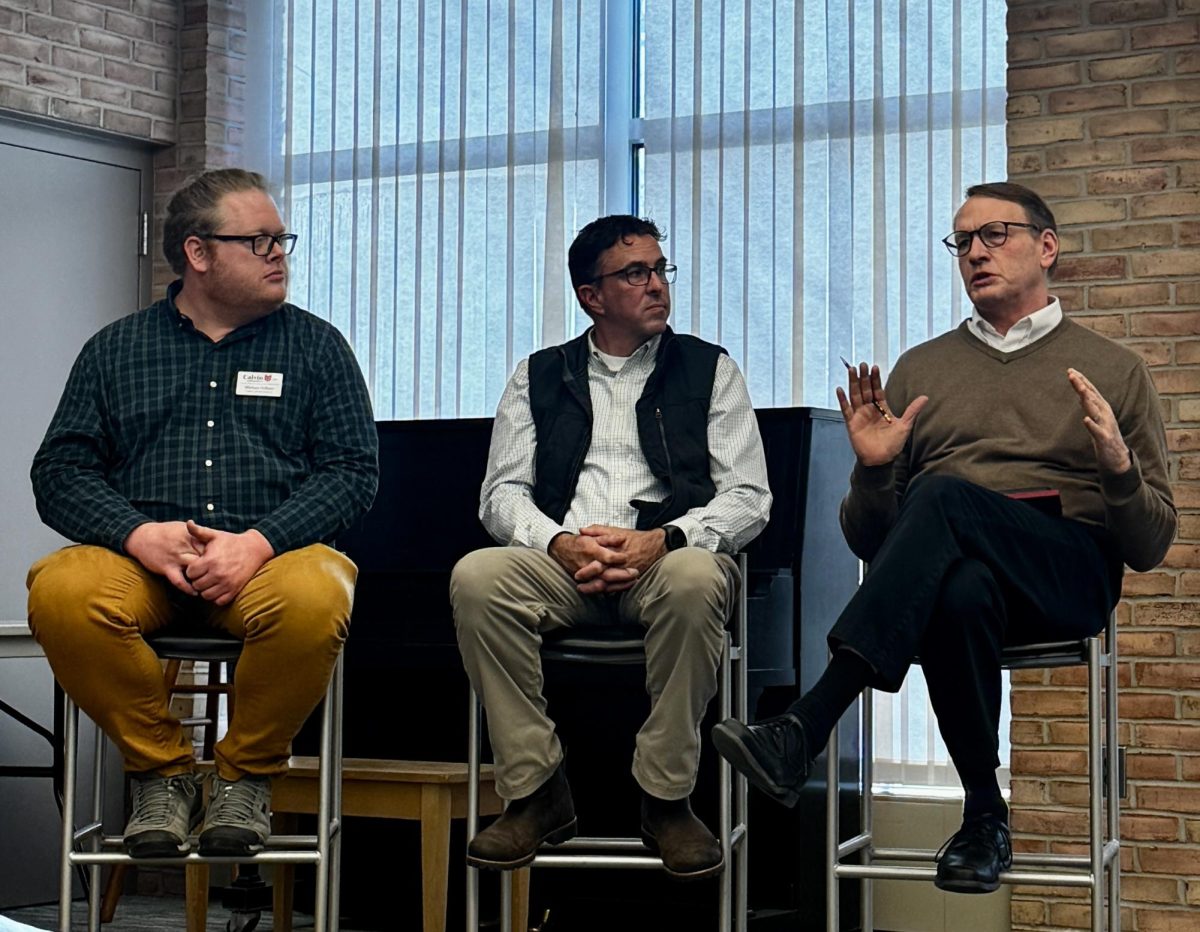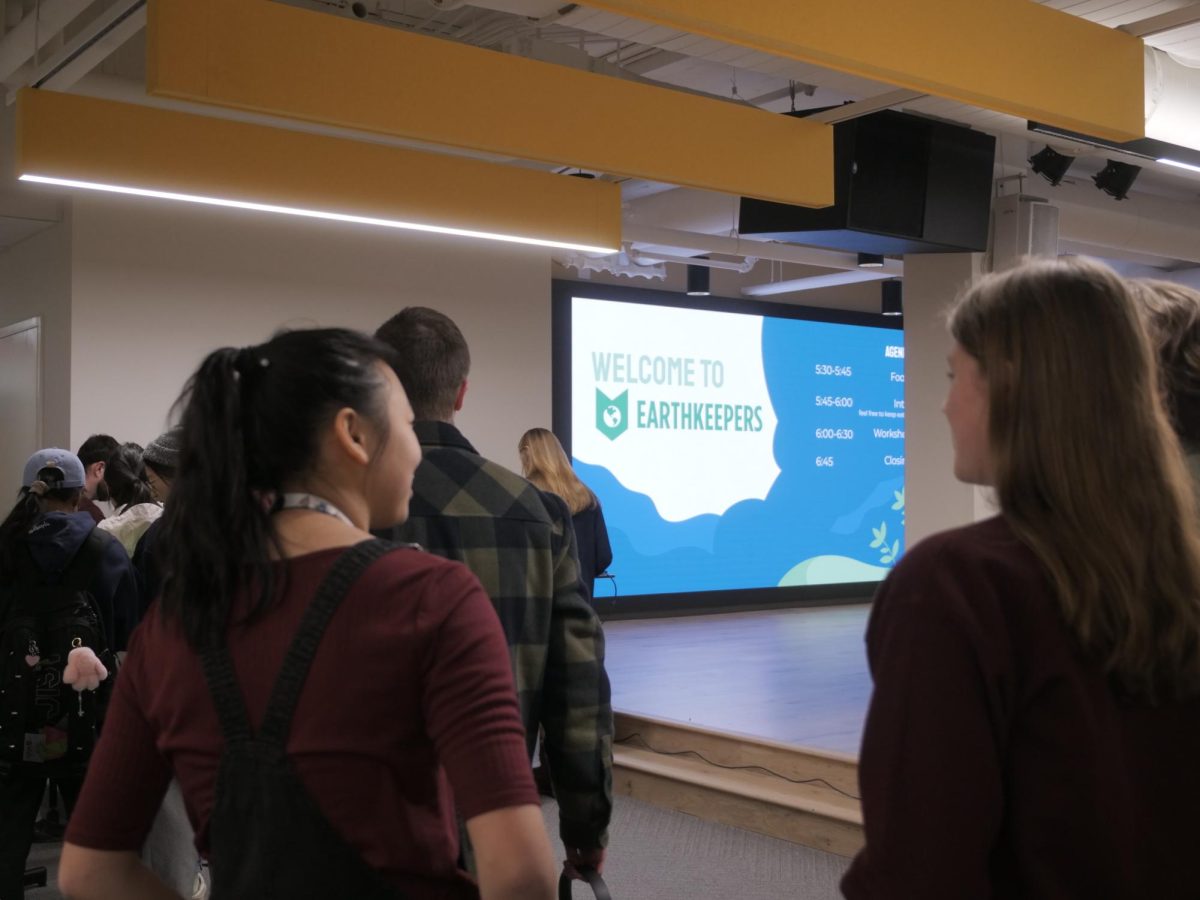With the growth of the Internet world wide, it is commonly thought that whether legally or illegally everything is available online. The Internet has been viewed as a great medium for personal expression and a way to share information in ways unimaginable even just a generation ago.
This picture changes however when looking at Google’s recently released transparency report, part of a project begun three years ago. The report’s coverage of data pertaining to censorship requests sent to Google brings into question the future voice of the internet.
Over the last few years the potential of the Internet to provide information that leads to change was seen in the Arab spring uprisings. By using Twitter and other social networks, people were able to inform and communicate in real time with people all over the Middle East and across the globe. While it is unclear that the intended end result were achieved no one can say the internet didn’t play a large role in what transpired.
The world-wide voice provided and channelled by the Internet may be coming to an end, however. On April 25, Google announced the release of its 7th transparency report. In Google’s blog post announcing the report’s release they said, “we hoped it would shine some light on the scale and scope of government requests for censorship and data around the globe.” It has certainly done this and its findings are troubling.
In the last year requests sent to Google to censor material jumped from 1,811 requests to remove 18,070 pieces of content in the first half of 2012 to 2,285 government requests to remove 24,179 pieces of content in the second half. Some major contributors to this increase were Russia, Brazil, India, the U.S. and Britain. While all of this might be fine if the only material being targeted was illegal, its not. Both political and falsely tagged material have been targets.
“As we’ve gathered and released more data over time, it’s become increasingly clear that the scope of government attempts to censor content on Google services has grown. In more places than ever, we’ve been asked by governments to remove political content that people post on our services,” said Google’s Official Blog. They have received court orders from several countries. Chief among these political takedown requests have been youtube videos, blog posts, Google+ feeds and Google Groups.
As a result of non-compliance with some of these claims (particularly a film “Innocence of Muslims,” about the prophet Muhammad ) many countries, including Bangladesh, Afghanistan and Pakistan, blocked access to Youtube altogether last September. According to “The Register,” Google in turn did complied with restriction requests in “Indonesia, India, Jordan, Malaysia, Russia, Saudi Arabia, Singapore and Turkey, plus temporarily bans in Egypt and Libya.”
In the realm of incorrectly targeted material there have also been increases. One case that has been given media highlight is that of Cory Doctorow’s Creative Commons novel, “Homeland.” Doctorow, a copyright reformer, released his novel under the Creative Commons license making it legal to torrent and download it from the web. Problems began, however, when Fox began to file with the DMCA for removal of URLs by Google, because it owns a TV show by the name “Homeland.” In response to the situation Doctorow wrote on his blog, “The DMCA makes it easy to carelessly censor the Internet, and it makes it hard to get redress for this kind of perjurious, depraved indifference.”
Google is well aware of its role in accessing the internet and ideas. In conclusion to her transparency report release notes, Susan Infantino, Legal Director for Google said, “The information we share on the Transparency Report is just a sliver of what happens on the Internet. But as we disclose more data and continue to expand it over time, we hope it helps draw attention to the laws around the world that govern the free flow of information online.”







